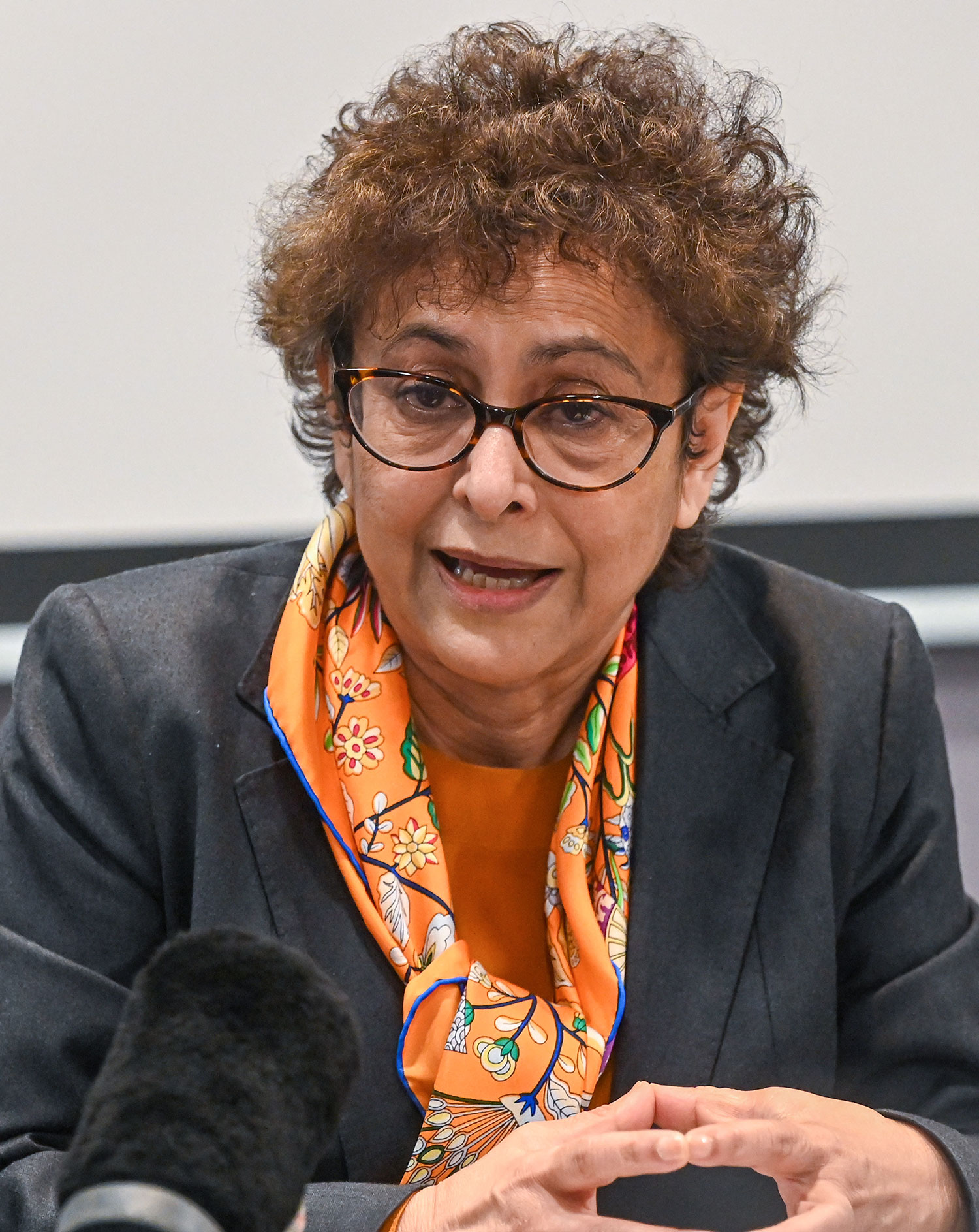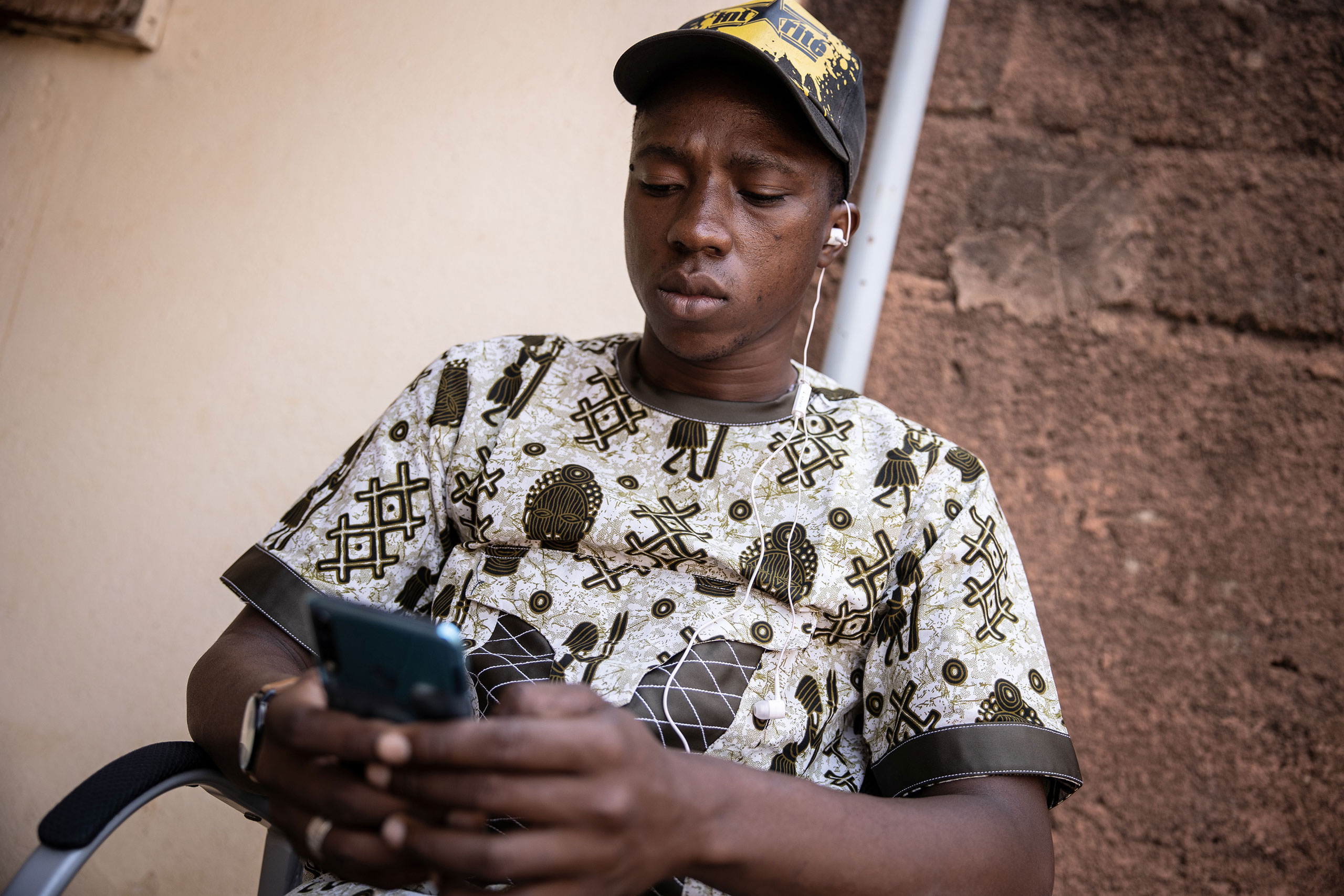Media freedom continues its downward trend across the globe. The age-old practice of using the law to suppress reporting has been revived with a new ferocity in the digital age, warns Ms. Irene KHAN, UN Special Rapporteur on freedom of opinion and expression.

Why is the right to information a cornerstone in fulfilling human rights?
Irene Khan: The right to seek, receive and impart information is at the heart of freedom of expression. It empowers people and gives them agency over their own lives. It enables independent, free, diverse and pluralistic media to inform the public and hold governments to account. It is essential for the fulfilment of many other rights. During the Covid-19 pandemic, we saw how important access to information was for our rights to health and life. When people are informed and can express their views freely, they can contribute to democracy and development.
I have called the right to information a survival right in times of armed conflict because civilians need to communicate with family and friends, they need information about the security situation, about where to find essential services. They need access to the internet. Their lives as well as fundamental human rights depend on access to information.
PROTECTING JOURNALISTS TO PROTECT THE RIGHT TO INFORMATION
“Journalists should not face criminal charges for their work, but they do in many States, often for writing critical stories about public officials or institutions. Condemnations are all the stronger for online publications that have international resonance. The use of criminal defamation offences to re-strict online expression has increased world-wide. It is important, more so now than ever, that the civil society, lawyers and individuals ensure that freedom of expression is protected also online, and only limited in terms of the clear prescripts of international human rights law.” Irene Khan
Do you observe a degradation of the freedom of expression recently and how does this affect your priorities?
These are tough times for freedom of expression against a background of rising authoritarianism, shrinking civic space, and threats to human rights as well as media freedom. Digital technology has revolutionized information and communications, enhancing opportunities for freedom of expression but it has also brought new challenges and risks, not least the threats of surveillance, breaches of data protection, disinformation and misinformation.
Are fake news laws the best way to tackle disinformation?
Using “fake news” laws to restrict the media or criminalizing online speech on grounds of falsity violates the right to freedom of expression and does nothing to stop disinformation. Diverse and reliable information is an obvious antidote to disinformation. Governments can fight disinformation by creating an enabling environment for independent, free, pluralistic, diverse media. They provide fact-checking and help to build public trust. States have an obligation to issue truthful, verifiable information.
Digital companies should respect the UN guidelines on business and human rights and undertake human rights due diligence to ensure that their business models and practices do not promote disinformation and misinformation and their content moderation is in line with international human rights standards.
Media, information and digital literacy empowers people and makes them resilient against disinformation and misinformation. It should become part of the national school curriculum in all countries around the world.
I have been particularly concerned about online attacks, hate speech and disinformation.
Informative journalism that is also sensitive to the experience of human suffering


